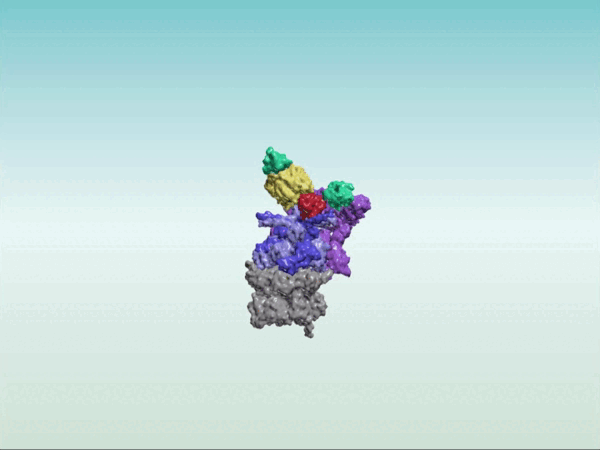


Selected Articles
Jobs
Students, postdocs or visiting scholars - In the field of systems and quantitative biology
Protein synthesis and degradation are the yin-and-yang of gene regulation. Compared to synthesis, what is underlying the precise control of protein degradation is much less understood. Interestingly, biological processes of high accuracy or reliability are often regulated by macro-protein assemblies. It is our paramount interest to understand how those miniature protein “machines” execute precise functions, even in the presence of dominating thermal fluctuations.
A broader challenge we are facing is how to navigate phenotypic complexities to reveal fundamental design principles in biology, and how to translate those insights into beneficiary inventions. Therefore, we are calling for self-motivated, creative scientists from all backgrounds, who aspire to succeed in a leading field of science, to join us in this adventure in a highly collaborative and diverse environment at Harvard Medical School.
Students with quantitative background are especially encouraged to apply. Women and minorities are highly welcome.
Tools and facilities we provide include single-molecule fluorescence/force microscopy, cryo-EM structural analysis, quantitative mass spectrometry and high-throughput platforms for drug discovery. Students may be eligible for financial supports. Postdocs can be co-mentored by senior members in the department and receive competitive salary, benefits and career support.
Please send your CV and reference letters to Dr. Ying Lu if you are interested in a postdoc position.